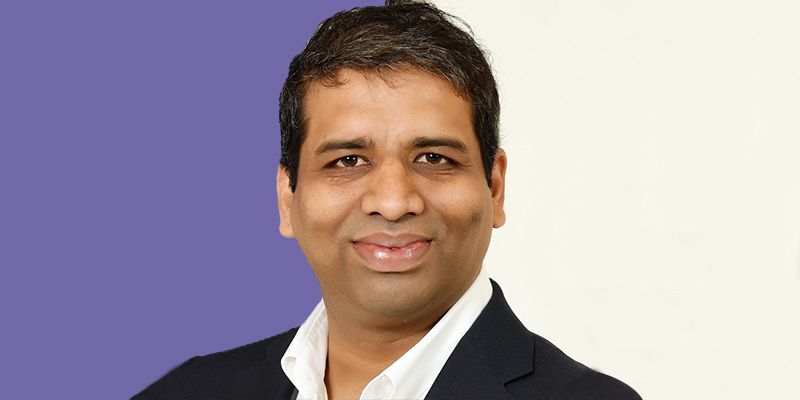TATA Jagriti Yatra - Gram Vikas – Developing rural Orissa
Thursday January 13, 2011 , 4 min Read

After traversing the Eastern Coast of India for almost 36 hours, the Tata Jagriti Yatra reached Bhubaneswar, the capital city, in Orissa. The setting in Orissa was a stark contrast to the active city life of modern Hyderabad. 88% of Orissa’s population is living in rural areas, with a large tribal population. With less than 7% of them having access to safe sanitation, more than 70% not having any electricity connection, and with very low literacy rates, the problems of rural Orissa cannot be put in words. Thus, emerges the need for social entrepreneurship and interventions.
The Yatris visit Gram Vikas and the surrounding villages as they step on to the humble lands of Orissa. What is Gram Vikas all about and why is it a model worth studying? Let us take a look at Upper Landu Sahi, a remote and tribal village in Gajapati district. The nearest road in this area is 3 kilometres away. The electric grid does not extend here. Filthy water tainted with human waste has been a common trend. What kind of transformation has Gram Vikas brought about? They have installed a water tank, more than just a landmark for this area. It enables villagers to access 10 000 litres of clean, safe water 24 hours a day, every day of the week. Additionally, construction of water supply systems was also undertaken. As a result, the inhabitants of this area can now lead a better, more dignified life.

Gram Vikas was founded by a group of student volunteers from Chennai, under the umbrella of the Young Students Movement for Development (YSMD). Joe Madiath, Executive Director, Gram Vikas, was one of them, “I graduated from Madras University at a time when there was unrest across the universities of the world. The youth was going through disenchantment. Children were dropping out, becoming hippies and so on. We wanted a new way of expressing hope for the future. Following Mahatma Gandhi’s footsteps, I decided to travel across India – not by train, but by cycle. I never had any money, only Rs. 100 for emergencies. As I traversed the lengths and breadths of our country, I was moved by the plight in Orissa. In 1970, I and some volunteers formed YSMD. When thousands of refugees took shelter in India, post the splitting up of Pakistan and the birth of Bangladesh, 400 of our volunteers went there. In October 1971, a huge cyclone hit Orissa and 40 of our volunteers, under my leadership, went there for relief operations. While the others went back after 2 years, I stayed on and started Gram Vikas.”
Entrepreneurs are those who see opportunity in challenges. Joe Madiath conducted many studies in Orissa to identify the real problems. He found out that the villagers needed healthcare services. More than 80% of the diseases were caused by poor quality water. What needed to change was attitude towards disposal of human waste. It was then that Joe proposed providing bathing rooms, washrooms and drinking water supply to rural areas. With sustained pressure on the governments, his team finally succeeded in this mission, leading to a better life for rural Orissa. Today, Gram Vikas operates in 895 habitations in 22 districts of Orissa state. 1983-1992 was a period of exponential growth for Gram Vikas. The success of the Biogas programme building nearly 60 000 plants unexpectedly raised Gram Vikas’ profile. When they initially started out, they were eyed with suspicion and lack of trust. Joe points on, “Initially, being a small group, we were categorized in all sorts of ways, the die hard Christian missionaries only interested in proselytizing the tribal and other innocent poor, naxalites recruiting poor people for their subversive purposes, people who have come to snatch away land and property of adivasis and so on.”
Post the inspiring interactions with Joe Madiath, the Yatris extended their learning by actually visiting one of the villages and a school in that village. It furthered their understanding of the simplicity of rural life and the need to take development to grassroots in the right way, at the right pace.
Gram Vikas is a story of persistence, of a strong will to make a difference and prove by setting an example. Building goodwill from the very first day is critical for any enterprise. Gram Vikas proves how one can swim in stormy waters, against the tide and yet come out victorious!
- Unnati Narang









![[TechSparks 2020] Experts discuss key trends in edtech sector amid pandemic](https://images.yourstory.com/cs/2/b87effd06a6611e9ad333f8a4777438f/ElkodCU0AAaCYx-1604078237356.jpg)
